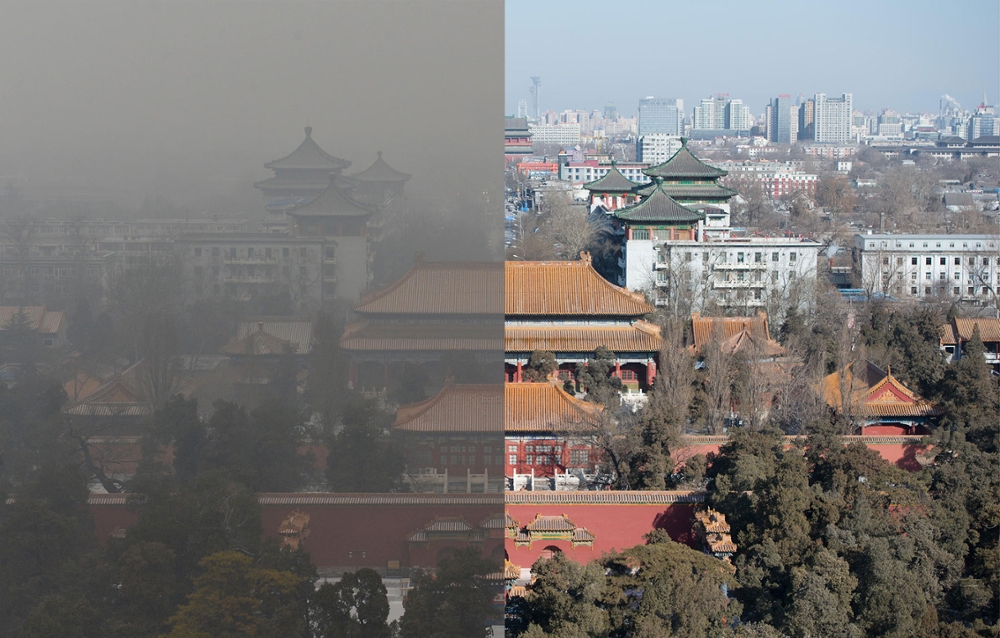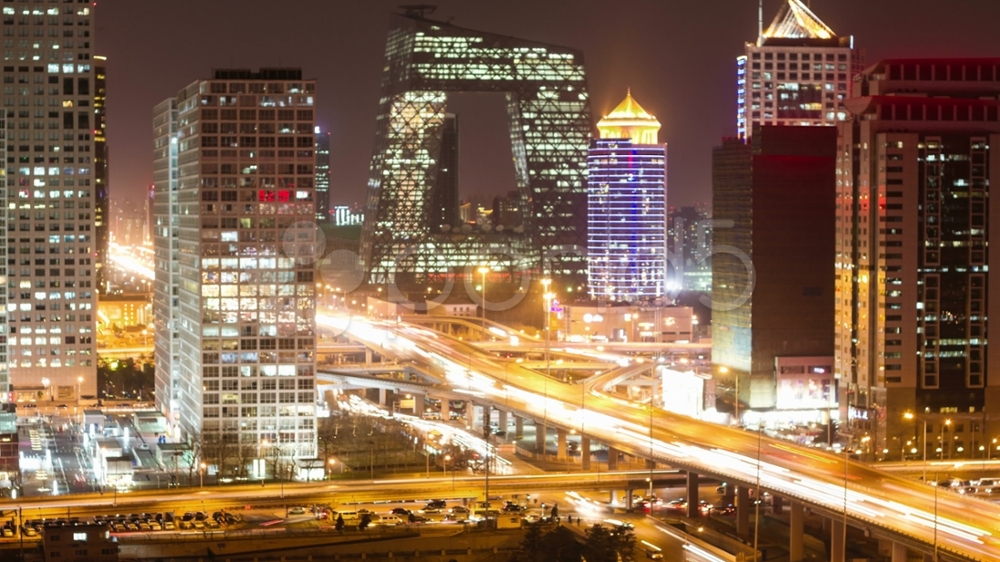Coming to "the City of the Emperor" (来到帝都)
The passing Monday marked the first day of my internship. International Bridges to Justice is the organization I’m working for in this summer. I will be in its Beijing office for a few weeks and then move to the Geneva head office. It is going to be my first time in Switzerland, but I cannot be more familiar with China—my home country! Every time I come to Beijing, I will be amazed by its prosperity, which is beyond what a person from an inland city, like me, could have imagined. Chinese people like to call Beijing “the city of the emperor” (帝都), indicating its condescending place in China as the national hub for politics, economy, culture, transportation, and the elite. Yet, as if Dickens had known how this Eastern country would be like 200 years from his time, China fits perfectly in his description—“it [is] the best of times, it [is] the worst of times, it [is] the epoch of belief, [and] it [is] the epoch of incredulity…” While China’s economic development becomes the envy of the world, China’s problems also become public. Environmental pollution may be the most-mentioned one, and problems about rule of law may be another.
Chinese scholars in legal history sometimes comment that Chinese legal system is neither fish nor flesh. Before the Republic of China was founded in 1912, for about 2000 years, China had been a highly centralized state under autocratic rule. From 1912 to 1949, the National government tried to build a legal system with the characters of the common law system adopted in Germany and France and the civil law system in England and America. When the Communist party took the rein in 1949, it built another legal system with heavy reference to that of the Soviet Union. With the end of the Cultural Revolution, the legal system was restored, and the People’s Congress corrected many parts to laws. Nevertheless, none of the above historical changes completely erased the influence of the former one, leaving a complicated societal context for current Chinese legal professionals. On the way to building a society under the rule of law, Chinese legal professionals, especially legal scholars, are divided on many issues themselves, such as the relationship between the Communist party and the Constitution, the relationship between an independent judicial system and democracy, and how to localize the modern legal system, which was developed in the Western world.
Under this background, many international organizations enter China and have been helping as much as they could to contribute to a society respectful to law. IBJ is one of them. This week I was helping on an E-Learning project—IBJ puts the basic knowledge about Chinese criminal law (such as how to use digital evidence, how to defend for the mentally ill, and how to handle confessions) on slides and makes them available online. Some slides are only in English, and the others are only in Chinese. My part was making the slides readable in both languages—the Chinese version is for the public and the English version is for donors. I also did some work on making an audible version, so that people could download it from an app and listen whenever convenient to them.
March 31st, 2015
Beijing's Subway system:

Smog CAN make a huge difference!

"All kingdoms of the world and their splendor": Beijing's Central Business District during night.
